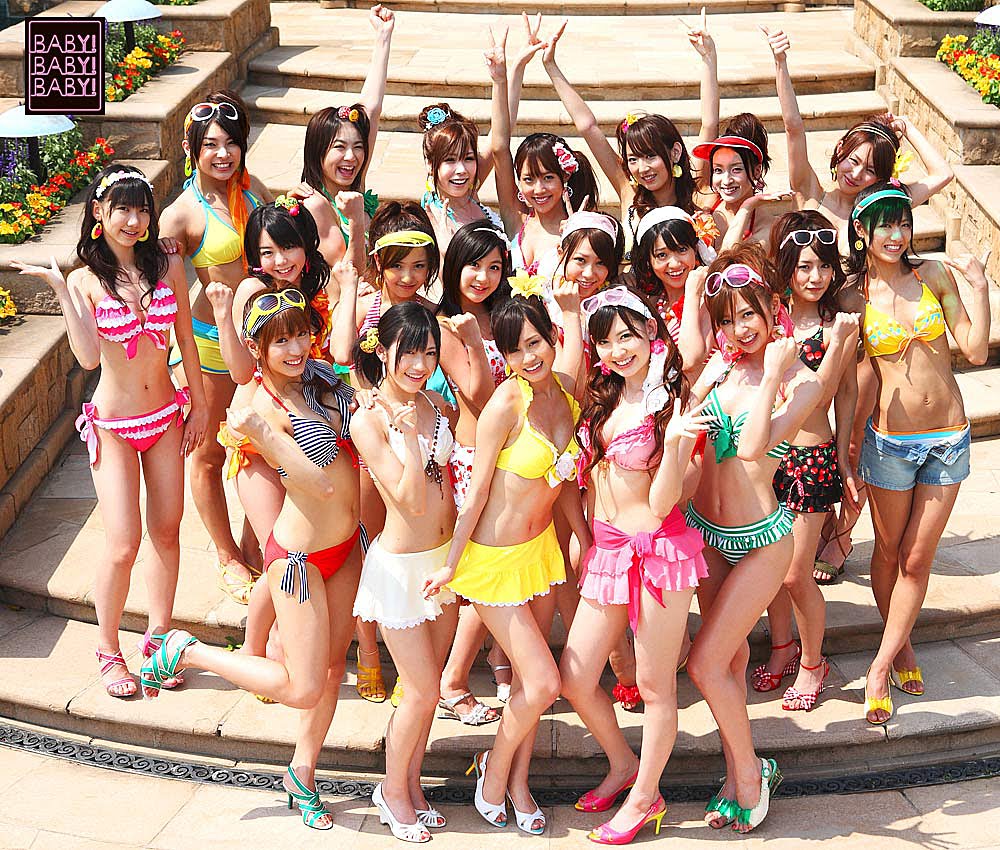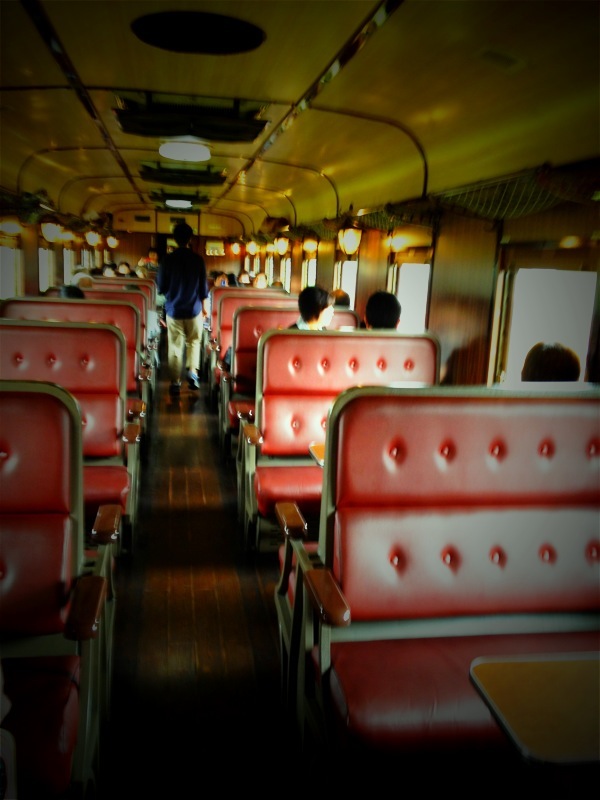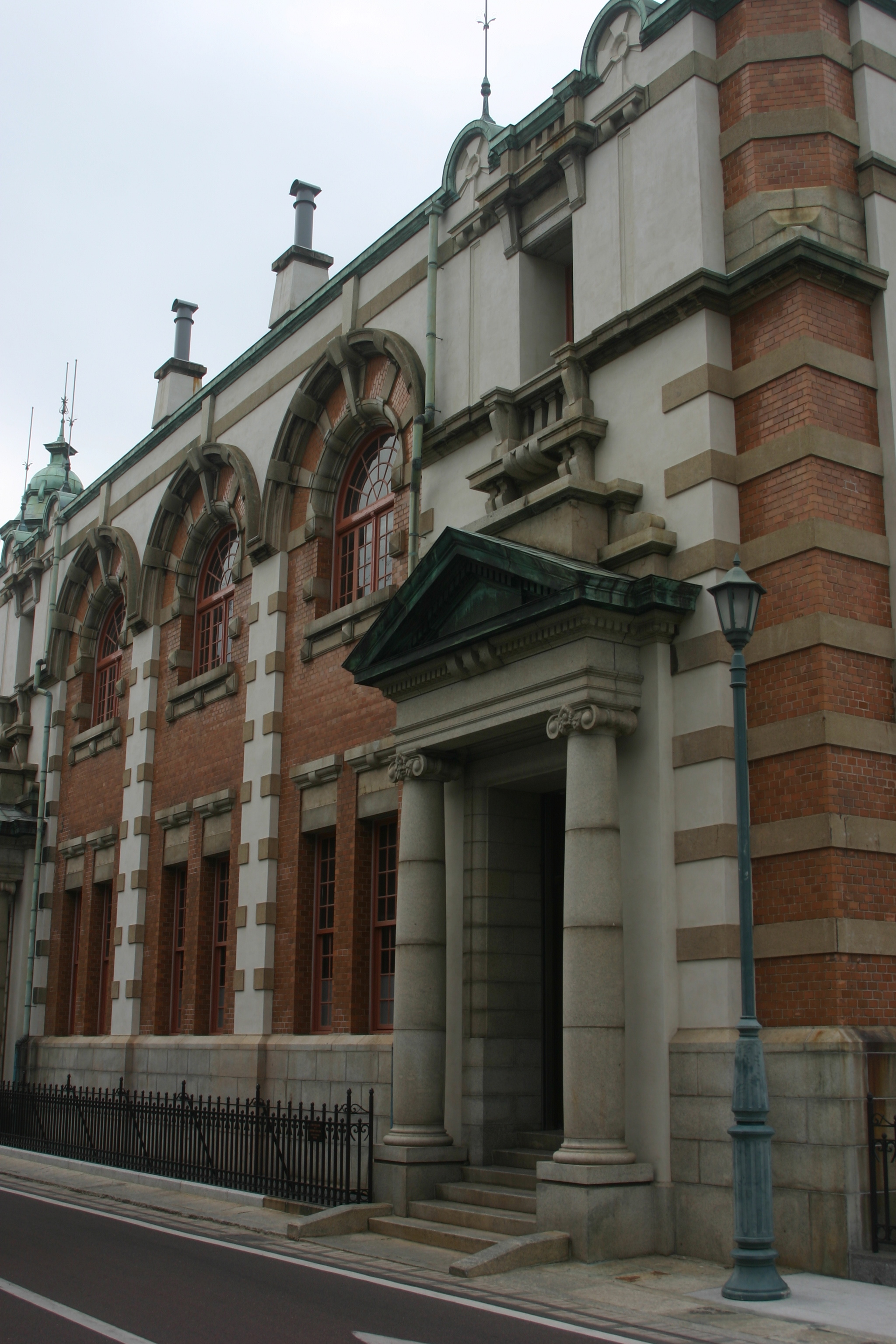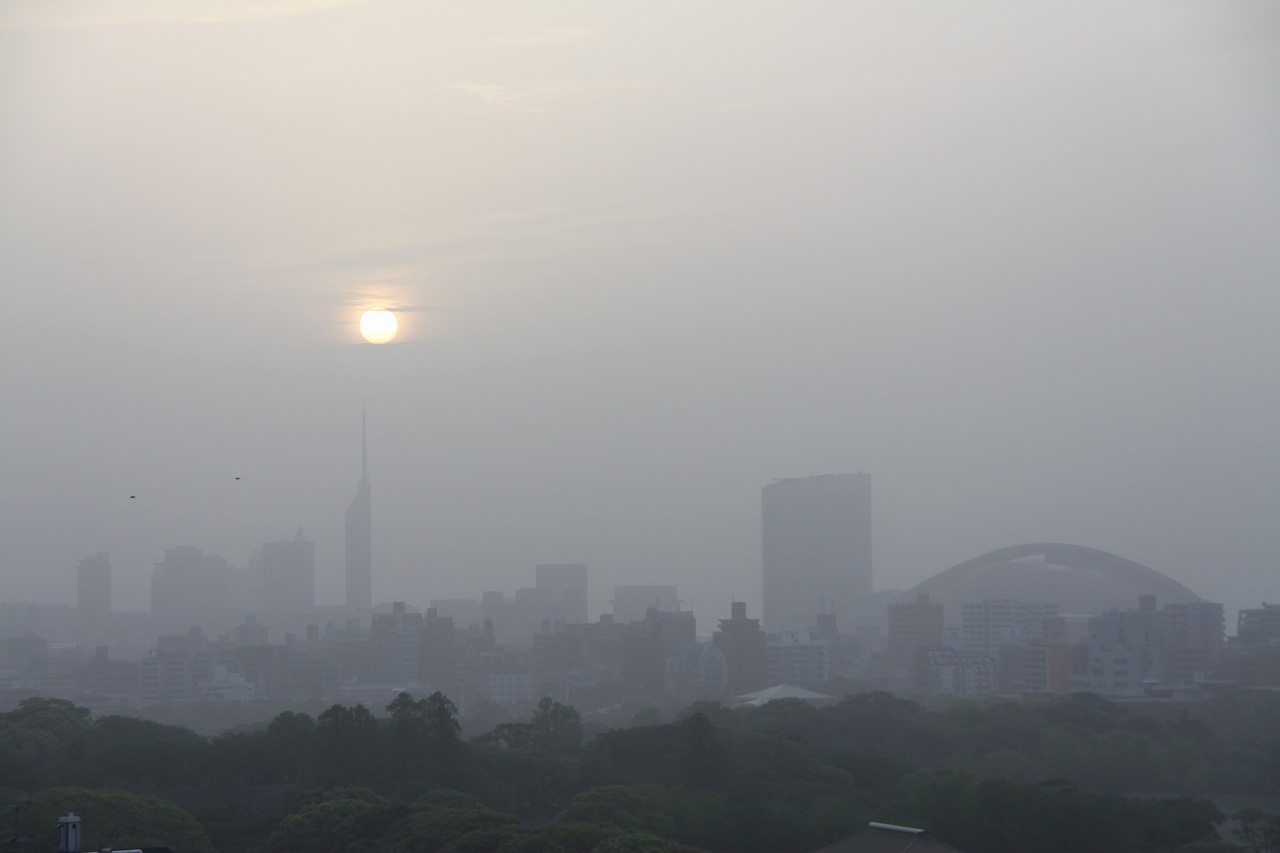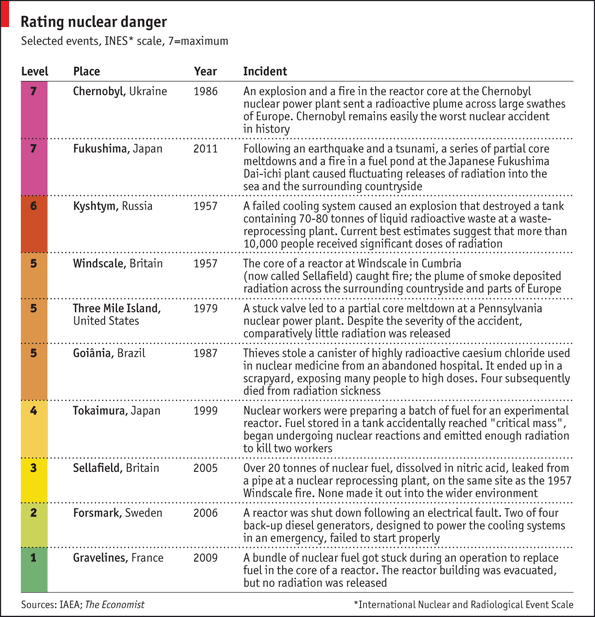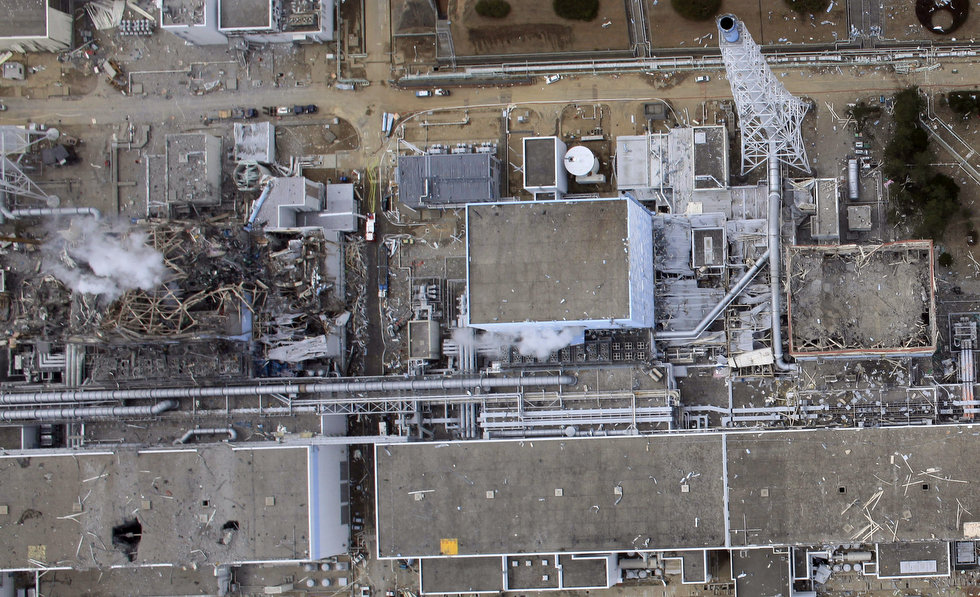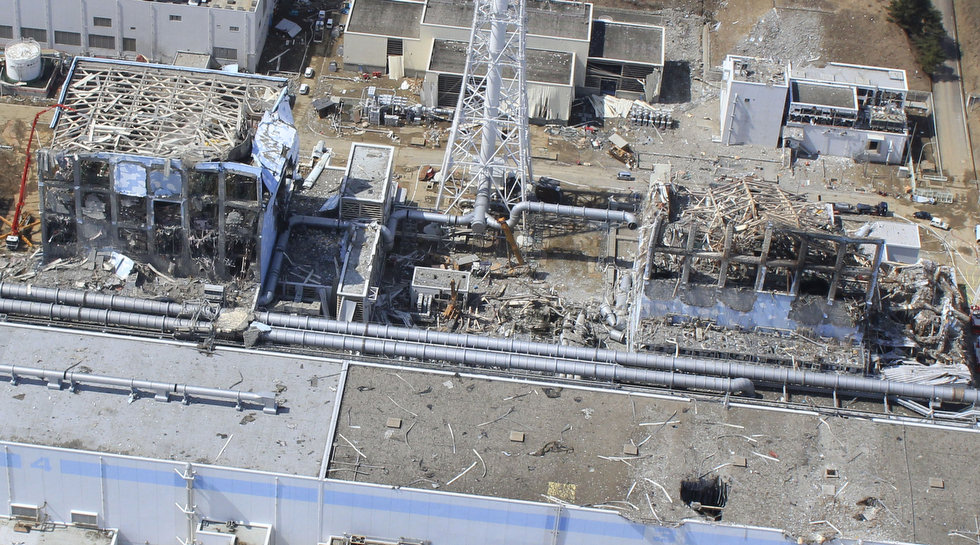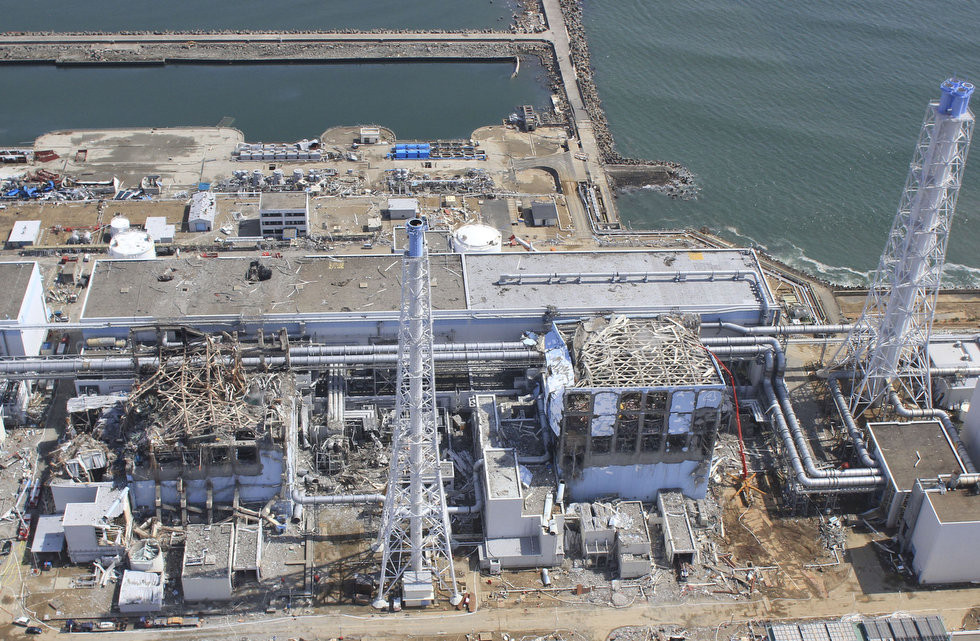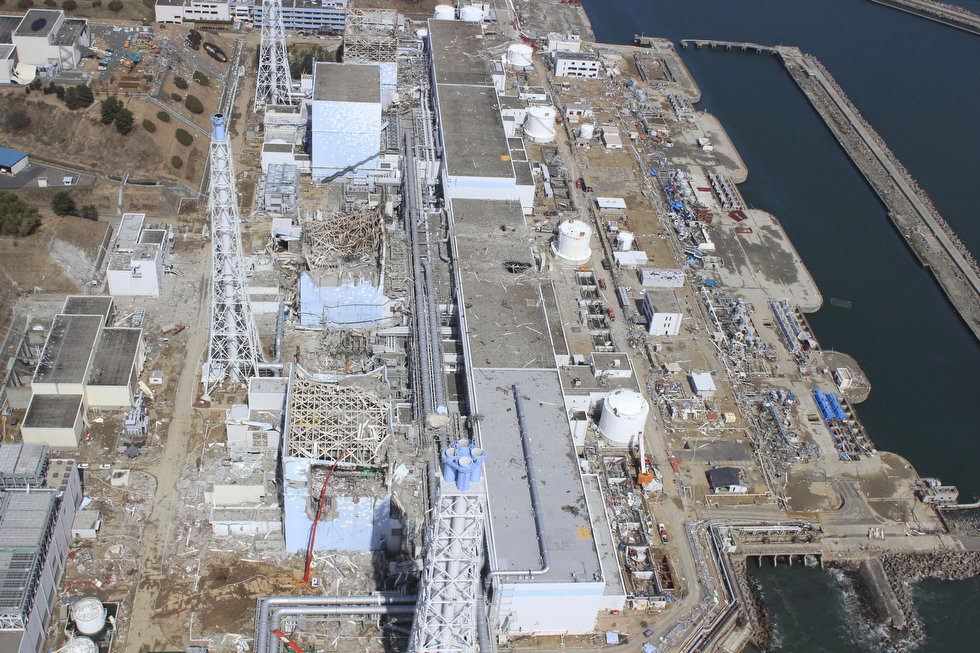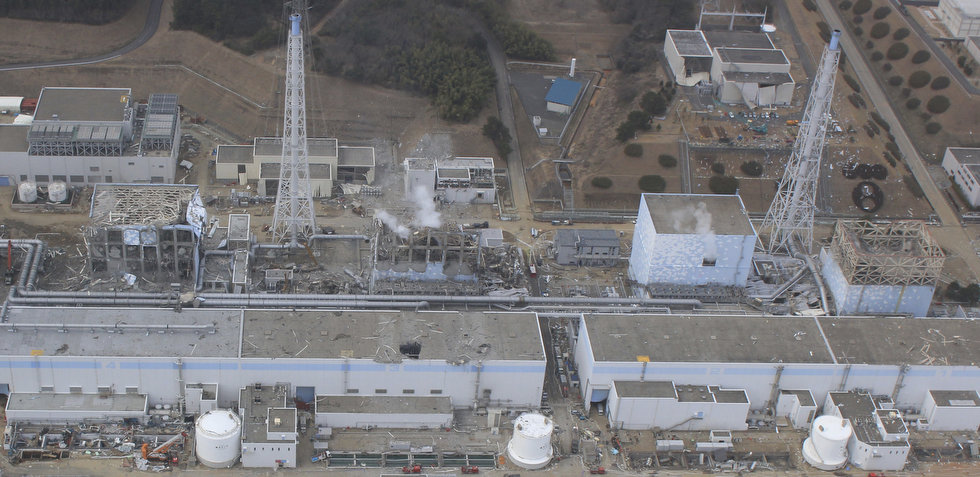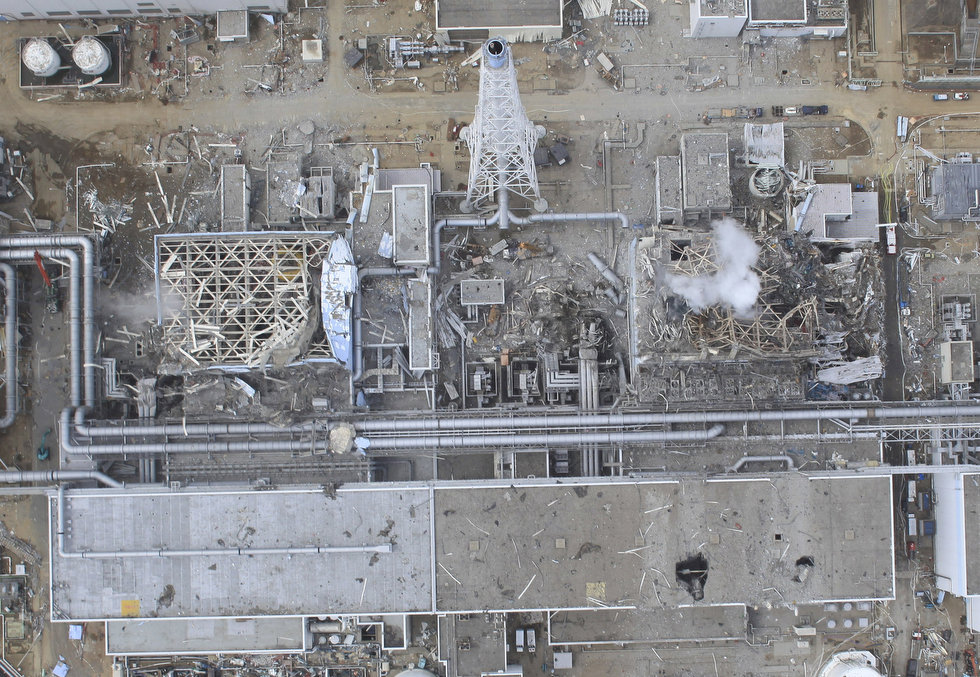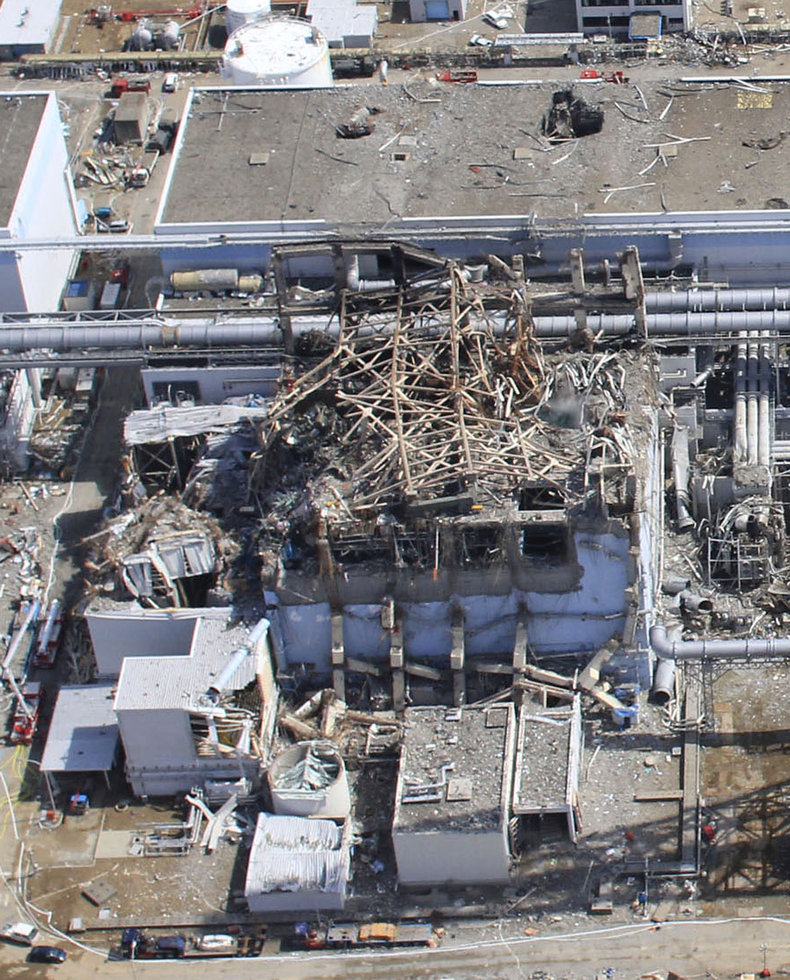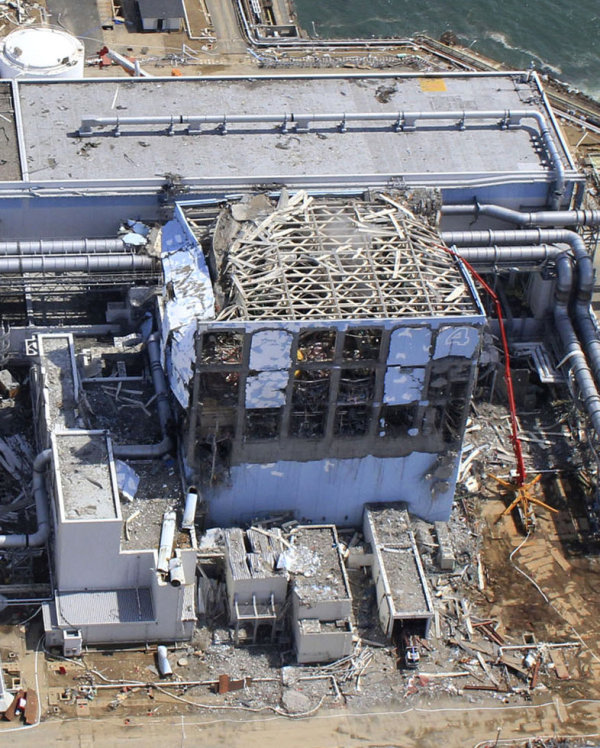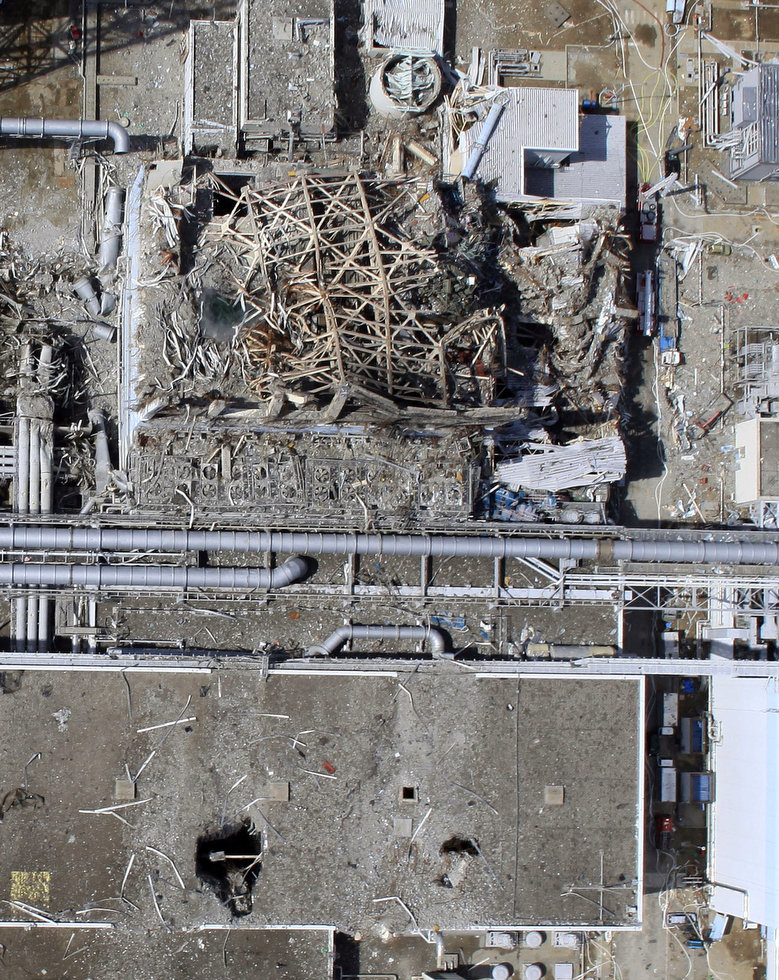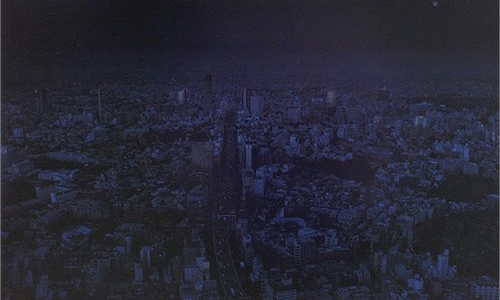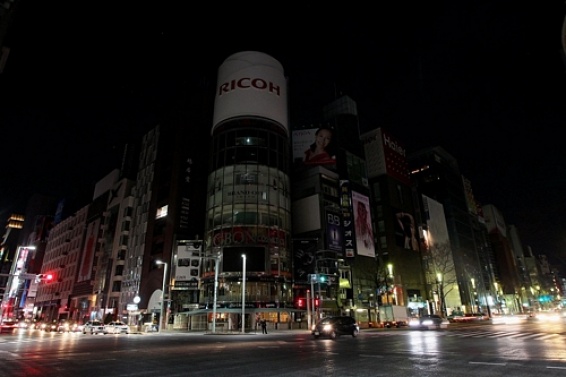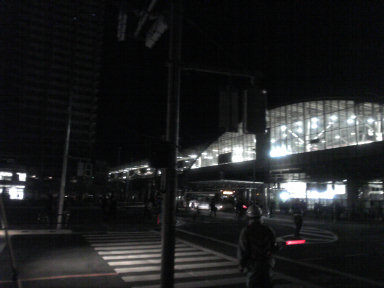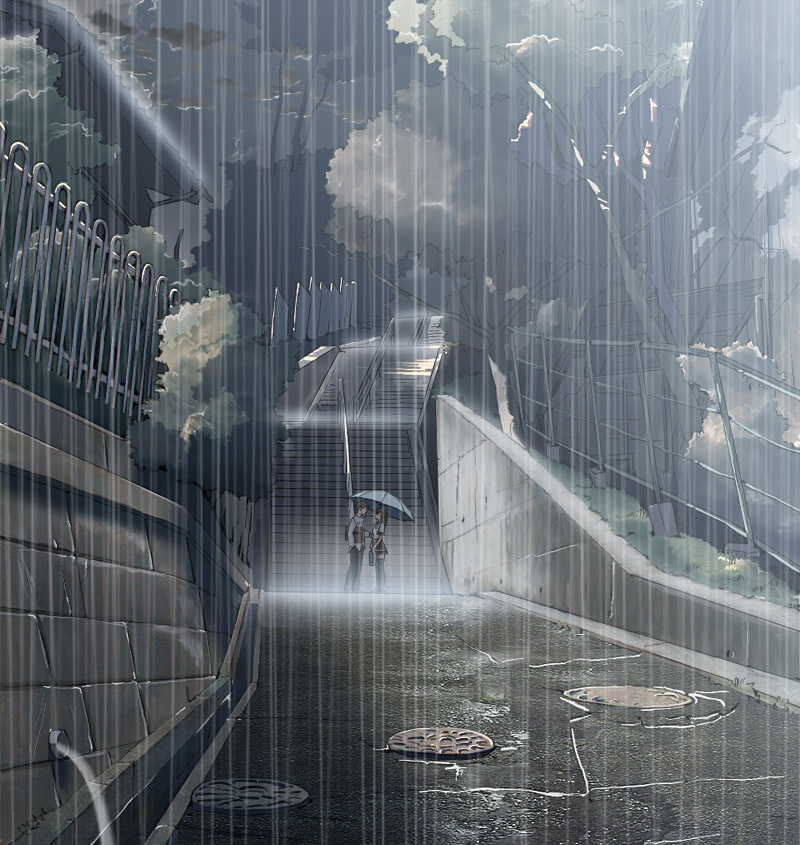 The other night my wife used a word I hadn't heard before: shita amé (下雨). I tried looking it up but couldn't find it in any of my dictionaries. I did, however, learn that the two characters in reverse order (雨下) was pronounced uka and meant "rain" or "raining". I'd guessed that much: there had been a downpour outside at the time.
The other night my wife used a word I hadn't heard before: shita amé (下雨). I tried looking it up but couldn't find it in any of my dictionaries. I did, however, learn that the two characters in reverse order (雨下) was pronounced uka and meant "rain" or "raining". I'd guessed that much: there had been a downpour outside at the time.
Now, I'd never heard uka before, either, but, taking a second look at 下雨 (shita amé) with fresh eyes I remembered that it was the same as the Chinese word for "raining", namely xià yǔ.
It's been years since I last studied Mandarin. Nevertheless, the word was still tucked away in that cluttered pantry in my head, waiting for me to take it out and dust it off. Almost makes me want to study the language again. Almost.
So, shita amé meant "rain". Or so I thought. When I asked my wife about it a few days later, she gave a quizzical look and said she had no idea what I was talking about.
"Maybe you misheard."
"I did not mishear," I insisted. "You said, shita amé."
After a moment's thought, she had a sudden inspiration: "Ashita amé!"
"Ugh!"
I had indeed misheard, or more precisely had not heard the first syllable "a" of her sentence. She hadn't said, shita amé, but rather ashita amé. She was telling me it was going to rain tomorrow.
Anyways, now that the rainy season is just around the corner I am reminded of a passage from my second novel A Woman's Nails:
Listen:
In Japanese, Jimé jimé is that unpleasant, sticky feeling during the rainy season when humidity's got its clammy hands all over you; mushi mushi when it damn near smothers you.
To the Japanese ear, potan is the sound of a drop of water plopping into, say, a bucket; pota pota, the tune a leaky faucet sings; and jah jah, water gushing out of a pipe.
The Japanese will hear potsu potsu as raindrops start falling upon dry ground; shito shito, when it drizzles; and zah zah when it pours.
Strong winds howl with a byoo byoo making the windows of your apartment rattle, gata gata. And, thunder, when woken by the pika pika of lightning, will grumble loudly with a goro goro.
While nuru nuru describes the slimy feel every surface has when it’s been balmy for days on end, beta beta is how your sweaty skin feels on uncomfortably jimé jimé days.
You're dripping with sweat if you're dara dara; drenched to the skin if you're bisho bisho.
And, while niwaka amé, you may recall, means a sudden shower, a doshaburi is a downpour; and oh-amé, a torrential rain. Konuka amé means a light mist; and kiri samé, a drizzle.
Confused already? This is not even a potan in the baketsu. There are 1190 rain related words and phrases in the Japanese language.
One more! Though Yûdachi, which literally means evening stand, refers to a late afternoon summer shower, you shouldn't assume that asadachi, or morning stand, means an early morning shower. Far from it, an asadachi, my friend, is sure as shootin’ the Morning Woodie.
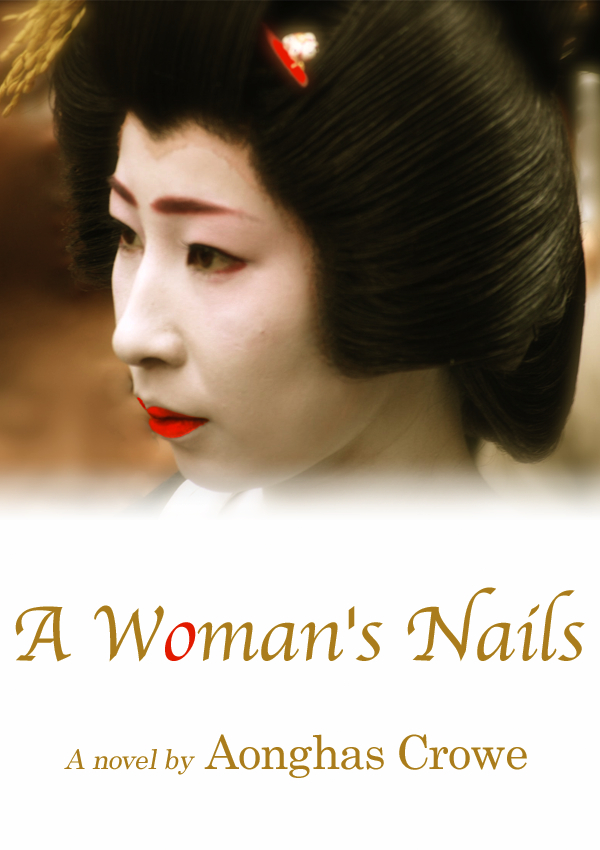 Excerpt from A Woman's Nails. To read more here.
Excerpt from A Woman's Nails. To read more here.
© Aonghas Crowe, 2010. All rights reserved. No unauthorized duplication of any kind.
注意:この作品はフィクションです。登場人物、団体等、実在のモノとは一切関係ありません。
All characters appearing in this work are fictitious. Any resemblance to real persons, living or dead, is purely coincidental.
A Woman's Nails is now available at Amazon.
 Thursday, June 9, 2011 at 11:41PM
Thursday, June 9, 2011 at 11:41PM


